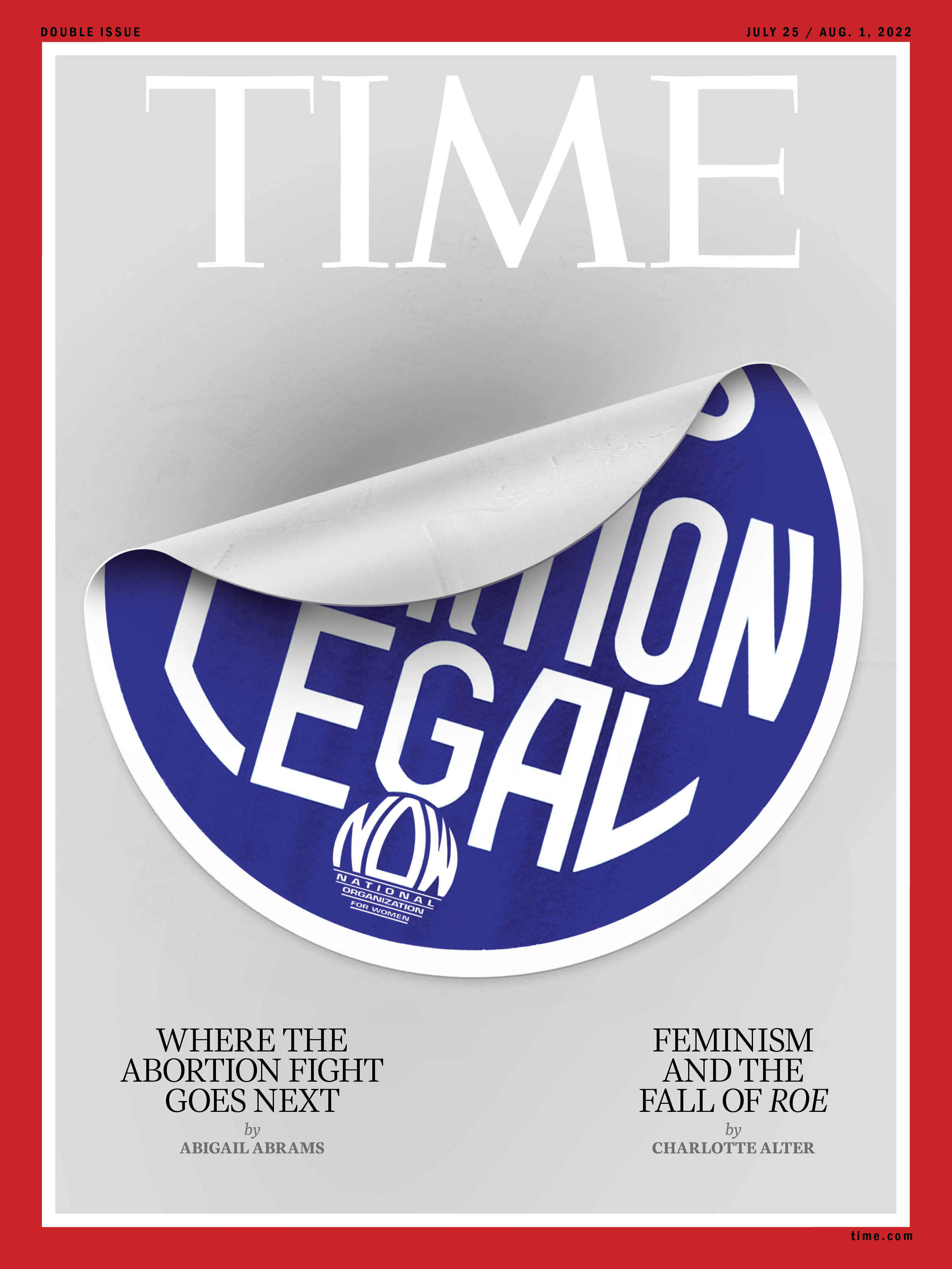If you’re considering attending college, you may wonder what college students think about abortion. This article examines the impact of Roe v Wade and the Dobbs decision on college enrollment and acceptance. It also addresses the influence of political party affiliation and sabotage on college admissions. The following information may help you decide whether to attend college despite your personal beliefs on abortion. Read on to learn more. Despite the controversy surrounding abortion, a large number of college students feel the effects of the decision on their choices and actions.
Impact of Roe v Wade decision on college enrollment
A major impact of Roe v. Wade on college enrollment is not yet clear. While a few college students may take breaks from their studies due to the decision, the majority do not. Many college students are unsure whether or not the decision will affect their choice of college. According to recent polls, about a third of high school students said the decision would influence their college choices, while nearly half (51%) of college students agreed that it would. Some argue that the decision could make college campuses less desirable to students, especially for women from poorer backgrounds. However, some analysts say that the impact is unlikely to be substantial.
Academics should consider the impact of the Roe v. Wade decision on college enrollment and diversity. Despite the recent Supreme Court decision, many professors at the University of Connecticut have expressed their opinions on the topic. One professor is a professor of psychology who was deeply affected by the decision. She aimed to provide support to her University community. She said that her students and faculty members should be aware of the ramifications of Roe v. Wade, particularly with regard to the future of reproductive rights in the United States.
Impact of Dobbs decision on college admissions
The Dobbs v. Jackson Women’s Health Organization case will certainly affect college admissions for students from certain states. Because the cost of living in a state with restrictions on abortion and contraception is much lower than in another, students from those states may be more inclined to attend college in that state. However, in states with many restrictions, students may be more inclined to travel home for reproductive care.
The ruling is particularly significant for schools, because it is not the only case involving the right to an abortion. The case is closely related to Roe v. Wade, a landmark Supreme Court ruling establishing the right to access abortion and contraception. While the ruling is specific to abortion, it does open the door to relitigation of other issues regarding same-sex intimacy and marriage. However, the court’s decision will not have an immediate effect on college admissions.
Impact of sabotage on college applications
High school students who sabotage their college applications can cause a lasting damage. While admissions officers are only human and can make mistakes, if you lie on your application, you could be rejected. In addition, admissions officers may lose their jobs. So how can you avoid being rejected? Read on to learn about how you can minimize the impact of sabotage on your college applications. Here are some tips to help you make your college application stand out.
1. Write an anonymous letter apologizing for the sabotage. While a saboteur could easily change his name and identity, he has little to gain from doing so. Colleges can check whether a letter is genuine by checking it on social media. Social media is also a great place to share the story of your sabotage. Some students even have stories to share with admissions officers to make them more open to hearing about it.
Impact of political party affiliation on college admissions
Recent polls have shown a correlation between partisanship and college admissions decisions. In fact, a new IPR working paper shows that African Americans who mention politics in their emails are less likely to receive an admissions decision than white students. Meanwhile, a similar finding holds true among students who identify as either Democratic or Republican. This finding indicates that college employees may be trying to avoid bias by excluding applicants from certain political parties.
According to a Pew Research Center survey, liberal activists disrupted conservative speakers on college campuses. Republicans are more likely to view liberal colleges negatively than conservative ones. The results of this study are a mixed bag. Liberals are more likely to be admitted, while conservatives are more likely to be rejected. The results may be misleading, but they are still a start. The study suggests that a conservative-leaning college campus can be detrimental to an otherwise-progressive student’s chances.

